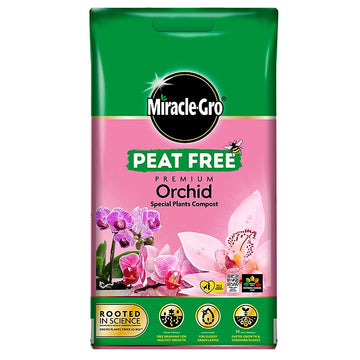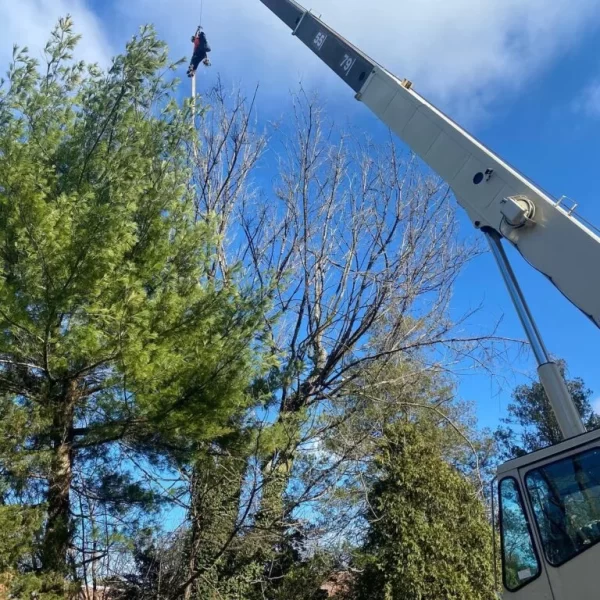
In recent years, gardeners and environmentalists alike have increasingly turned their attention to sustainable practices, with a particular focus on the materials used in gardening. One significant shift gaining momentum is the adoption of peat-free compost. Traditionally, peat has been a staple in gardening due to its ability to retain moisture and nutrients. However, concerns over its environmental impact have prompted a search for alternatives that are both effective and eco-friendly.
Understanding Peat and its Environmental Impact
Peat is formed over thousands of years in waterlogged conditions, primarily in peatlands or bogs. Its extraction involves draining these valuable ecosystems, leading to habitat destruction and releasing stored carbon dioxide into the atmosphere. Given the slow rate at which peat regenerates, its use in gardening poses a significant threat to biodiversity and contributes to climate change. Consequently, the demand for peat-free compost has surged as gardeners seek greener alternatives that preserve natural habitats and reduce carbon emissions.
The Benefits of Peat-Free Compost
Choosing peat-free compost offers several environmental and practical advantages. Firstly, it helps conserve fragile peatland ecosystems, supporting biodiversity and mitigating climate change by preventing carbon release. Secondly, peat-free compost tends to be more sustainable in its sourcing, often utilizing materials such as coconut coir, composted bark, and green waste. These alternatives not only perform well in terms of water retention and nutrient availability but also reduce the overall carbon footprint associated with gardening activities.
Performance and Suitability in Gardening
One common concern among gardeners considering peat-free compost is its performance compared to traditional peat-based products. Extensive research and development in recent years have led to significant improvements in the quality and consistency of peat-free compost. Many formulations now rival peat-based compost in terms of water retention, nutrient content, and overall plant growth. For specific plant varieties or gardening practices, such as seed starting or container gardening, tailored peat-free compost blends are available to meet diverse needs without compromising on performance.
Transitioning to a Sustainable Future
Transitioning from peat-based to peat-free compost is a practical step towards sustainable gardening practices. By choosing eco-friendly alternatives, gardeners contribute to preserving vital ecosystems and supporting the global effort to combat climate change. Manufacturers and retailers play a crucial role in this transition by offering a wide range of peat-free compost options and educating consumers about their benefits. Government policies and initiatives that incentivize the use of sustainable gardening practices further promote the adoption of peat-free compost and encourage broader environmental stewardship.
Challenges and Considerations
Despite the numerous benefits, challenges remain in the widespread adoption of peat-free compost. Cost considerations and availability can vary depending on geographic location and market demand. Additionally, some gardeners may experience an adjustment period when switching from peat-based to peat-free compost, particularly in understanding how different formulations interact with specific plant species or growing conditions. Addressing these challenges requires continued collaboration among stakeholders, including researchers, manufacturers, retailers, and gardening enthusiasts, to innovate and improve upon existing peat-free compost solutions.
Conclusion: Paving the Way Forward
The shift towards peat-free compost represents a positive evolution in sustainable gardening practices. By reducing reliance on peat and embracing alternatives that support environmental conservation, gardeners contribute to a healthier planet for future generations. As awareness grows and technological advancements continue, the availability and effectiveness of peat-free compost will only improve. Embracing this change benefits individual gardens and contributes to larger global efforts to preserve biodiversity and combat climate change. Together, through informed choices and collective action, we can nurture our gardens and the planet simultaneously with peat-free compost.









